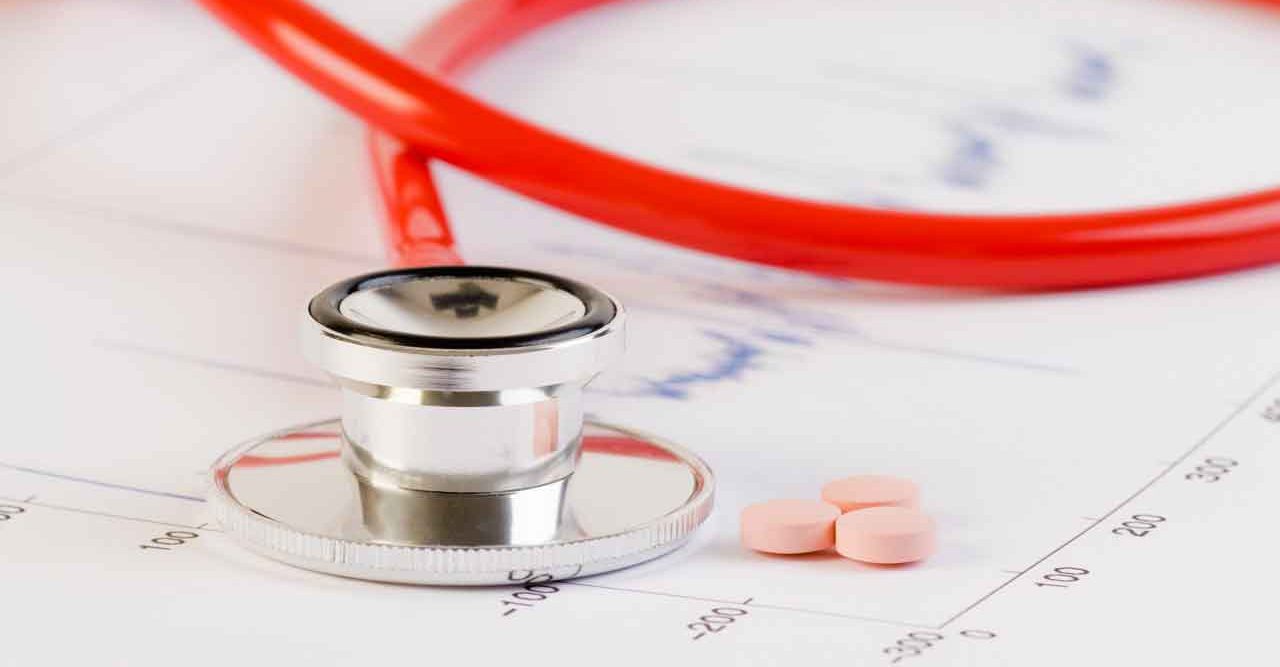Do You Really Need A Statin?

Millions of Americans take statins to lower their cholesterol and prevent heart disease. But healthy people who take them may be better off with lifestyle changes.
A test called a coronary artery calcium (CAC) screening, which costs as much as $400, can give you more confidence about your heart and save you from taking a statin that you don’t need. Just be clear that statins have big health benefits for people who need them.
Don’t just skip taking your drug because the test is easier. Talk to your doctor.
YOU MIGHT ALSO LIKE: Signs of a Heart Attack in Men and Women
What is a statin?
Millions of Americans take drugs called statins to lower their LDL cholesterol levels and prevent heart disease, which causes about one in every five deaths in the United States. The drugs are first-line treatment for preventing heart attacks and strokes in:
- People who have high-density lipoprotein cholesterol (LDL-C) levels of about 190 mg/dL
- People with diabetes who are between 40 and 75
- People who seem to have an elevated risk for other reasons
Atorvastatin (Lipitor) is among the best known; others in the group include:
- Extended-release lovastatin (Altoprev)
- Lovastatin (Mevacor)
- Rosuvastatin (Crestor)
- Fluvastatin (Lescol)
- Pitavastatin (Livalo)
- Pravastatin (Pravachol)
- Simvastatin (Zocor)
Statins alter how your liver produces cholesterol, so you end up with less LDL throughout your body. One large study suggested that statins are most helpful for people from families with a history of high LDL cholesterol.
A reasonable goal for your statin therapy might be LDL-C in the range of 70-99 mg/dL.
Can you lower cholesterol naturally?
You can lower your heart disease risk through diet and exercise, developing good habits that are important for everyone.
Healthy patients without cardiovascular disease who take statins do not live longer, and they only slightly lower their chance of a heart event. Especially in elderly patients, the side effects make that practice a bad trade off, observe Vivek Durai, MD, and Rita Redberg, MD, both cardiologists at the University of California, San Francisco.
The trouble for doctors is that many patients, who seem to be at low or moderate risk, have heart attacks without warning. For doctors, it’s tempting to prescribe statins preventively.
The guidelines from the American College of Cardiology and the American Heart Association suggest that your doctor use a formula for gauging your risk over the next 10 years as the “start of a conversation.” If your case seems borderline, the guidelines recommend CAC as a “reasonable tool to reclassify risk.” Nevertheless, many health insurers don’t cover the test.
Patients who get the CAC screening and don’t show signs of plaque usually opt not to take a statin. But as the score goes up, risk increases. The test also measures calcium, and not all arteries that have early signs of heart disease have calcium. You could get a low calcium score and still be at risk.
Nonetheless, researchers from Australia, among others, has called for using the test in a bigger population. It’s been considered a “mammogram for the heart” to identify people who might seem low-risk but actually have significant plaque, while helping others avoid taking statins unnecessarily. (A daily aspirin, by the way, is now recommended only for people with a high risk of a heart attack or stroke.)
Any elevated risk should be your cue to quit smoking, get more exercise and lose weight, if you need to, and eat more healthily. Some people have genes that increase their cholesterol despite good habits; they need to try harder or may need a statin.
Side effects of statins
Researchers have studied statins deeply. Some 5 percent of volunteers in clinical trials, and up to 30 percent in observational studies, develop muscle aches, usually mild and in the upper arms and legs.
Statins are also linked to higher blood sugar levels and a greater risk of developing type 2 diabetes. There are rare cases of liver damage and interactions with other drugs that cause muscle pain. Women, people over 65, and people who drink alcohol daily are more likely to run into problems.
But if you and your doctor think a statin is your best strategy to avoid heart disease, such risks are less important than your goal.
With or without a statin, you still need to eat right and exercise. To fight heart disease, the American Heart Association recommends at least 150 minutes of moderate physical activity or 75 minutes of vigorous physical activity — or an equal combination of both — each week.
Eating a variety of fruits and vegetables, whole grains, fish and poultry, nuts and beans, and olive oil will also protect you.
Updated:
January 05, 2024
Reviewed By:
Christopher Nystuen, MD, MBA and Janet O'Dell, RN